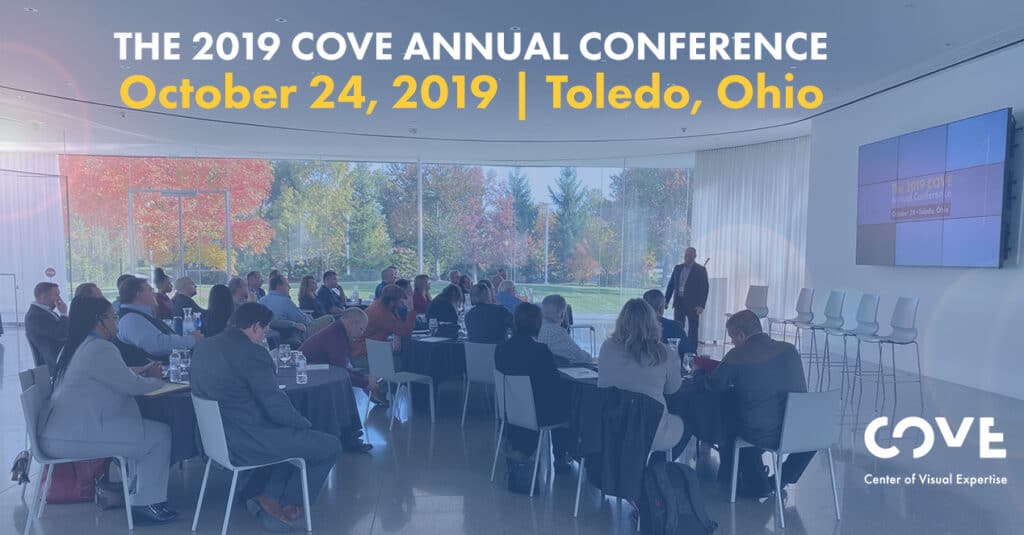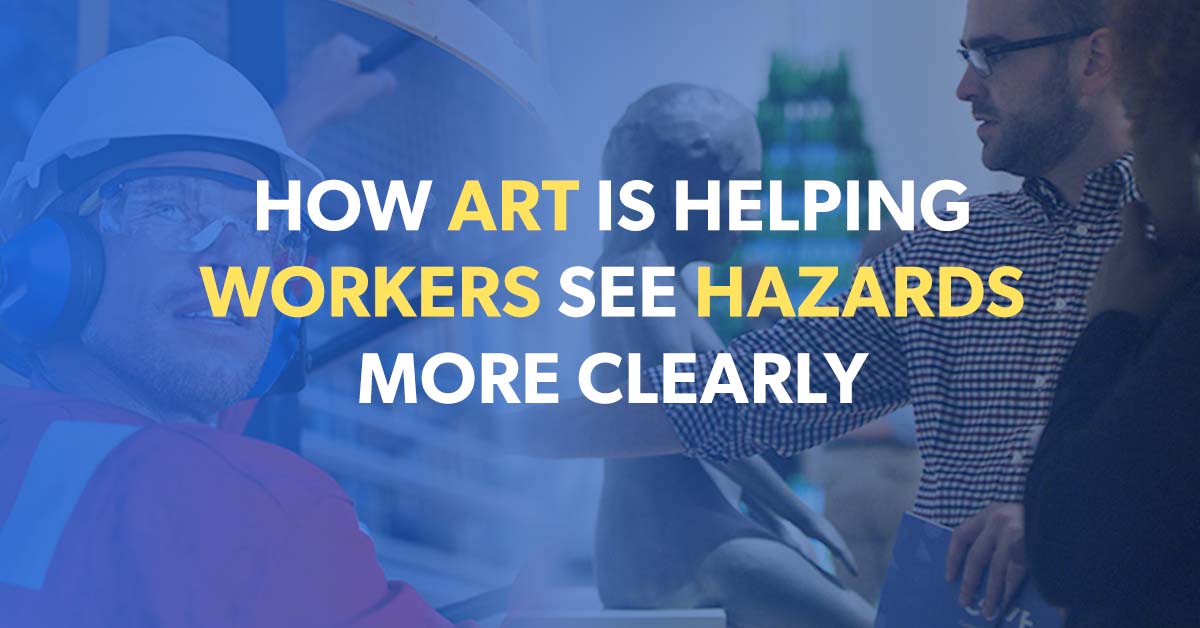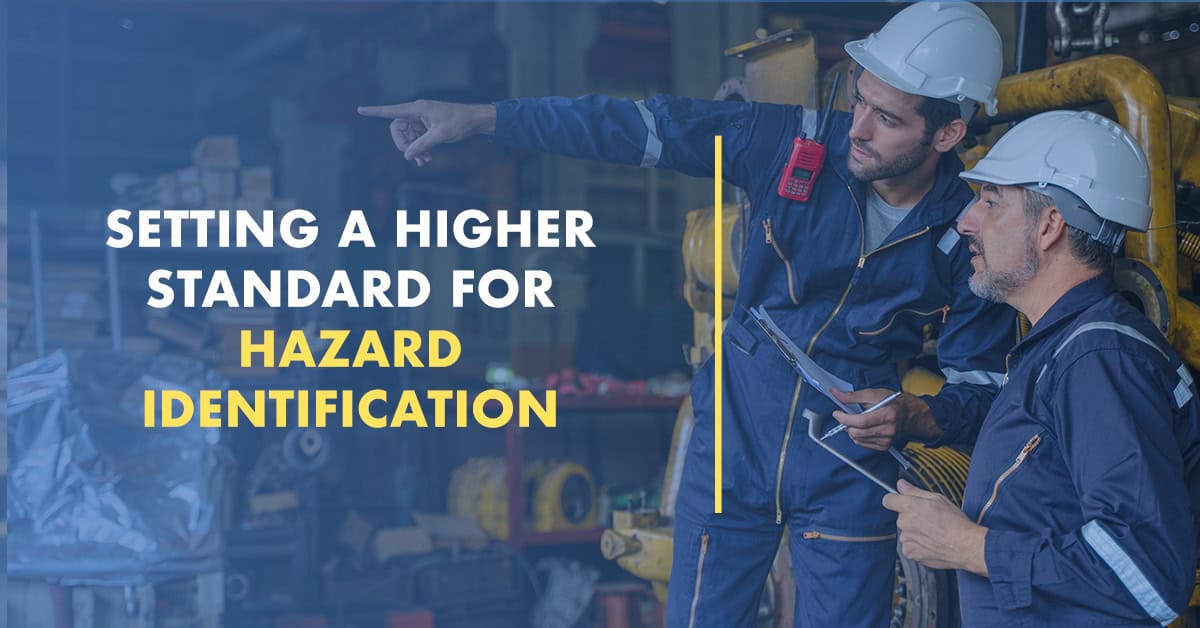It was such a pleasure to host our first COVE Conference this past week at the beautiful Glass Pavilion at the Toledo Museum of Art! While COVE has existed as its own identify for only 18 months, we felt it was important to share the early feedback from our clients, peers and stakeholders on how visual literacy is being received and implemented. They didn’t disappoint!
The conference began with a panel discussing the evolution of COVE and Visual Literacy. We shared our early discovery (from 2015) of how Visual Literacy matters to our work in safety and how our thinking has evolved since then. There were inquiring questions where COVE plans to go from here and whether we would expand beyond safety. We see great potential in other areas such as quality, maintenance and other operational areas. However, at the present time we still see our focus on safety for the foreseeable future. There remains much more to do!
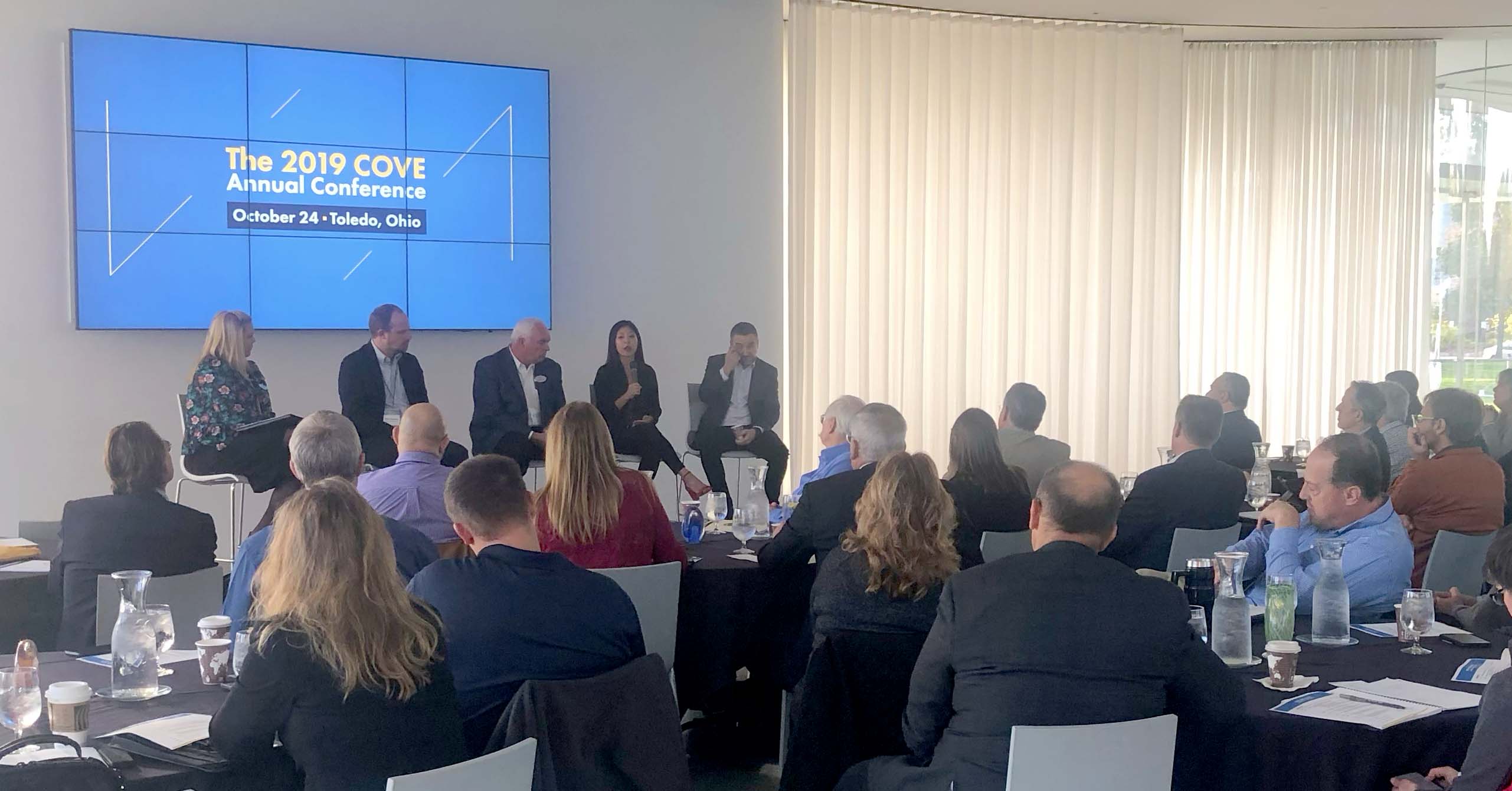
Ray Fisher from Fisher Improvement Technologies (FIT) shared how he sees the intersection of visual literacy and human performance, and how personal tendencies influence risk perception and risk taking. In short, Visual Literacy enhances our capabilities for critical thinking which combined with the realities of human performance provides opportunity to improve our interpretation of what is around us and take the right actions.
Randy Oostra, President and CEO of ProMedica, provided our keynote address and talked about how ProMedica is leveraging various aspects of Visual Literacy in their organization ranging from hospital and patient care to community engagement and economic development. Randy emphasized how important the arts remain to all aspects of our professional and personal lives. This was an inspiring message from a truly transformational leader.
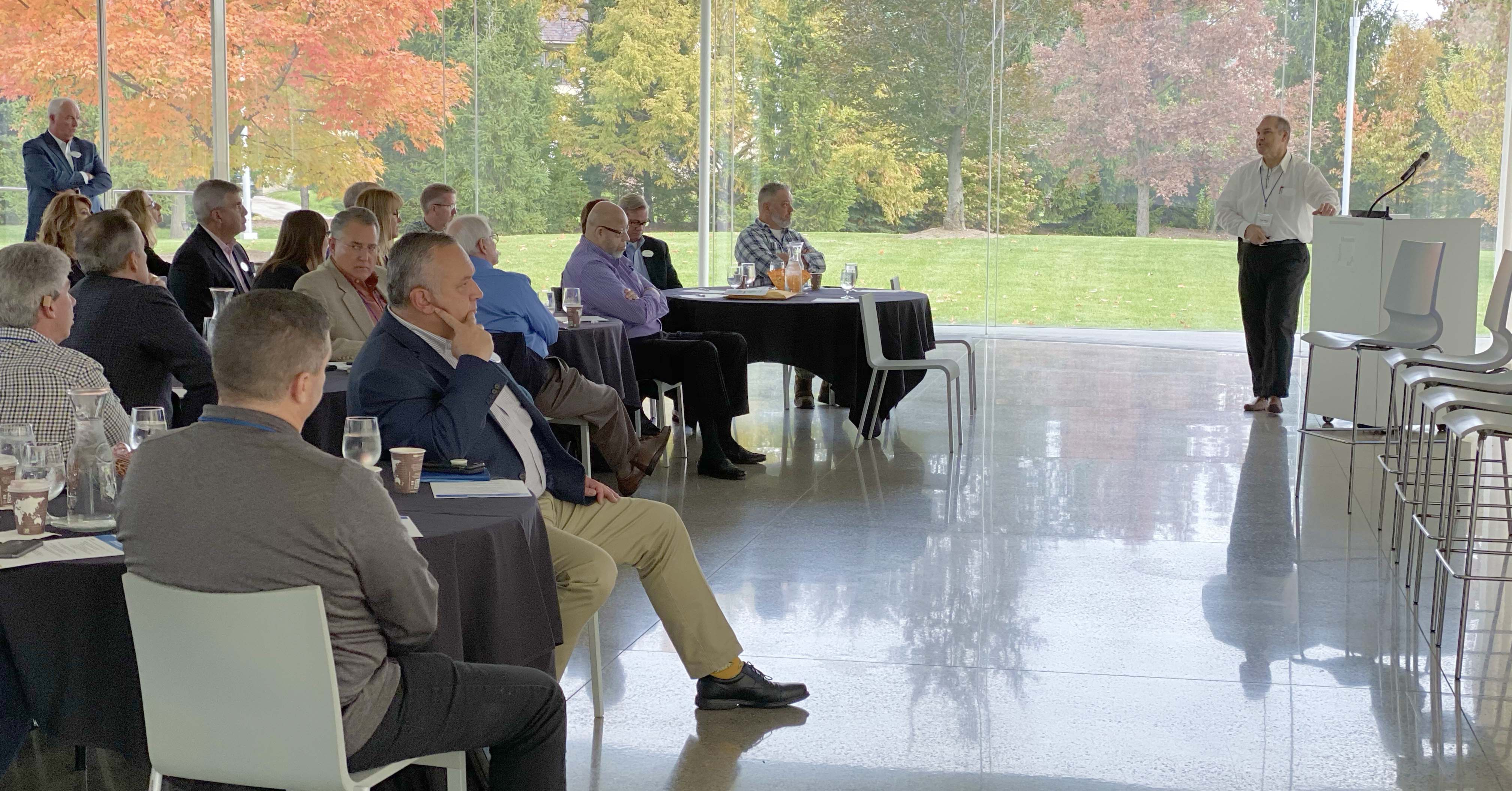
Three case study presentations by Turner Lathrop Construction, DTE Energy, and Cummins provided insight to the thought process companies had utilized to determine their approach to implementation. The three companies are in various stages of deployment ranging from just recently beginning to successful pilot implementations that are now extending in a broader way in their organizations. In the case of DTE Energy, over 5,000 team members have received visual literacy training as a part of a focus on pre-job briefs. Cummins has documented a 72% reduction in recorded incidents in their pilot area. Turner Lathrop is just starting, but with positive reception so far with the contractors involved in their KeyBank Discovery Theater Project in downtown Toledo.
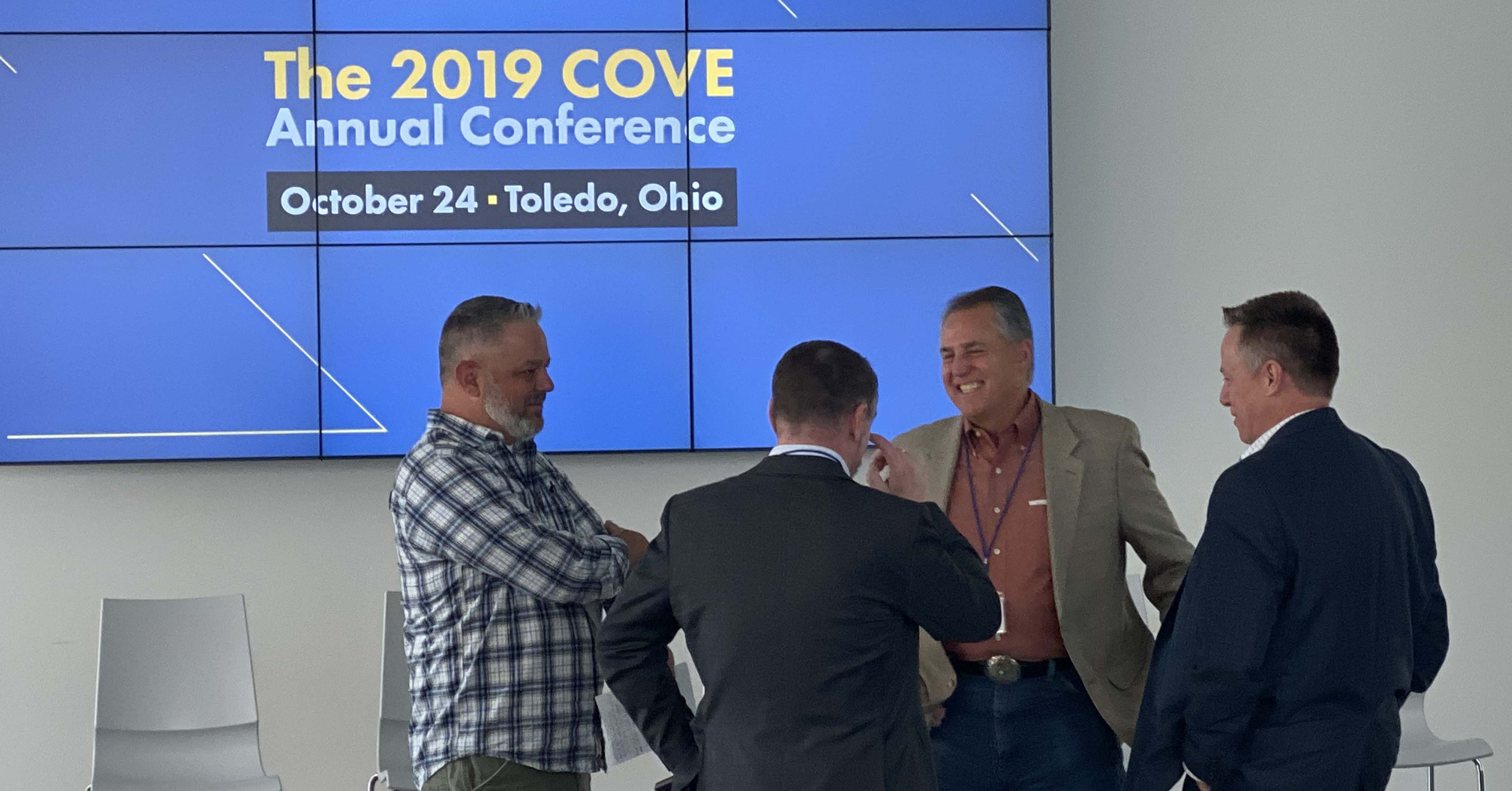
At the end of the day, conference participants expressed their interest in learning more about Visual Literacy and quickly connected with the presenters to trade contact information and discuss next steps. Our goal was for conference participants to hear from clients and others involved in the application of Visual Literacy to their safety processes and we certainly succeeded in that! The client presentations reinforced the idea that there is great flexibility in approach and deployment method. The key is building the skills within the organization to see differently, interpret what they see more completely, and take actions that reduce risk and improve safety performance.
If you are interested in learning more about Visual Literacy, visit our Resources and we would love to see you participate in a future workshop.
